Demetri Porphyrios
2004 Laureate
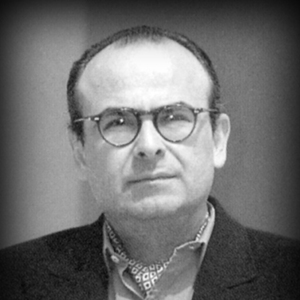
Demetri Porphyrios, laureate of the 2004 Richard H. Driehaus Prize for Classical Architecture, has redefined the classical idea by making it relevant to modern problems and sensibilities. His scholarly writings, coupled with his extensive built works, have provided us with examples that establish a theoretical focus for the classical idea that is fully embedded in modern life and culture.
Porphyrios’ work addresses contemporary urban redevelopment practices as well as contemporary building types such as the modern office building. His office buildings in Birmingham, Athens and London use innovative contemporary methods of construction adapted to provide large-scale uninterrupted spaces while holding true to classical and traditional relationships between the building and the city.
At the same time his work tackles the problem of architectural regionalism in the face of globalization by challenging contemporary attitudes tat have thus far been limited to architectural solutions of one international style or another. In contrast to the ubiquitous concrete, steel and class buildings of economic globalization that have little to do with a locality’s unique culture, geology, or climate, Porphyrios’ buildings characteristically take full advantage of the unique qualities that reinforce a sense of place. His work offers a perspective that develops not only an aesthetic approach grounded in local cultures, but also one that is sensitive to broader environmental concerns, with emphasis on locally procured materials and local methods of construction.
Porphyrios’ early scholarly work on the classically trained Finnish architect Alvar Aalto (1898-1976), as well as his association with Aalto’s office, plays a significant role in connecting modernist notions of precedent, typology, and language to the classical and modern traditions of the turn of the century whilst striving to establish a relationship with geographic and cultural sensibilities.
Porphyrios has illustrated the ability of contemporary classical architecture to absorb and assimilate into tradition the best of modernism’s contributions. He recognizes Modernism’s contribution to speed of construction and to the production of large-scale developments through the application of industrialized materials and methods. For instance, Porphyrios has examined the curtain wall and its relationship to the classical load-bearing wall through the tectonic development of structure and enclosure in the office buildings he designed in Athens and Birmingham. With his work he has reformulated the question posed by early moderns so that classical principles and relevant modernists precepts can be seen at work at the same time. This is to say that he has demonstrated that the classical and the modern need not be seen to work at the same time. This is to say that he has demonstrated that the classical and the modern need not be seen as mutually exclusive options.
Porphyrios’ definition of classicism – that it “is not a style” or a narrow and confining doctrine, but rather “the philosophy of free will nurtured by tradition” is indeed at the same time profoundly modern and timeless. It is his approach that liberates the classical from any preconceived notions of an aesthetic singularity. In our contemporary culture, with its tendency to emphasize the differences rather than continuities, Porphyrios’ theoretical and built work provides a renewed testament to creative invention with its basis in humanity. His work seeks to reconcile history with design in contemporary architecture practice. Through Porphyrios’ interpretation of the classical idea we may see again that the highest aspirations of humanity expressed in our architecture and cities are timeless. It is especially because of this insight in Porphyrios’ work and writings that we recognize him with this prize.
Other Laureates
-

2024
Peter Pennoyer
-
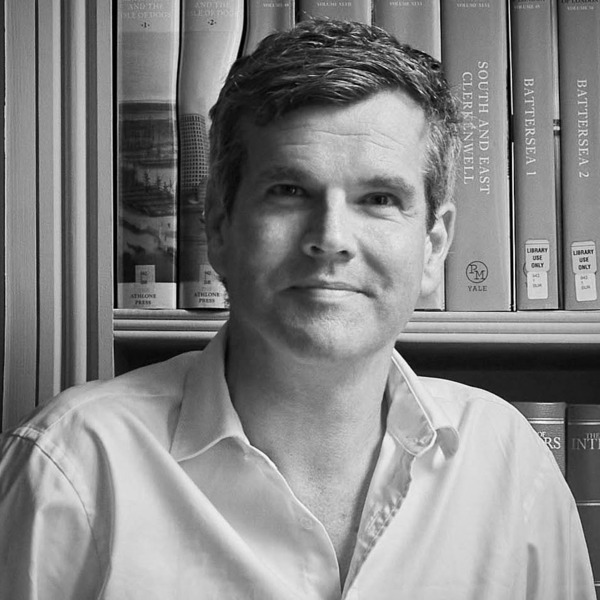
2023
Ben Pentreath
-
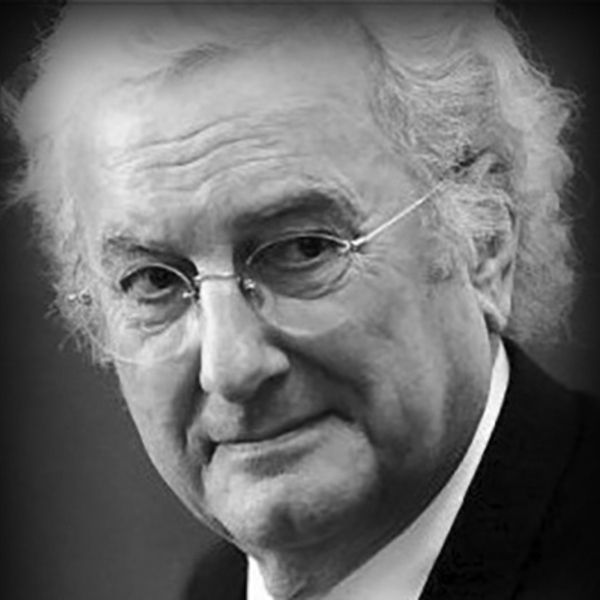
2022
Rob Krier
-
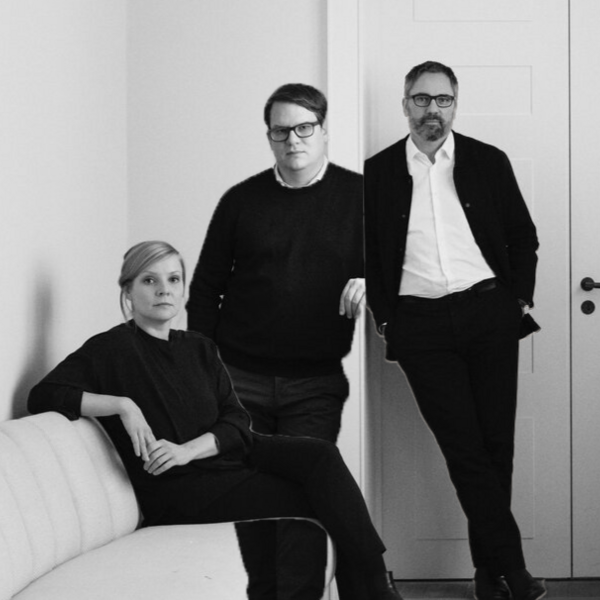
-
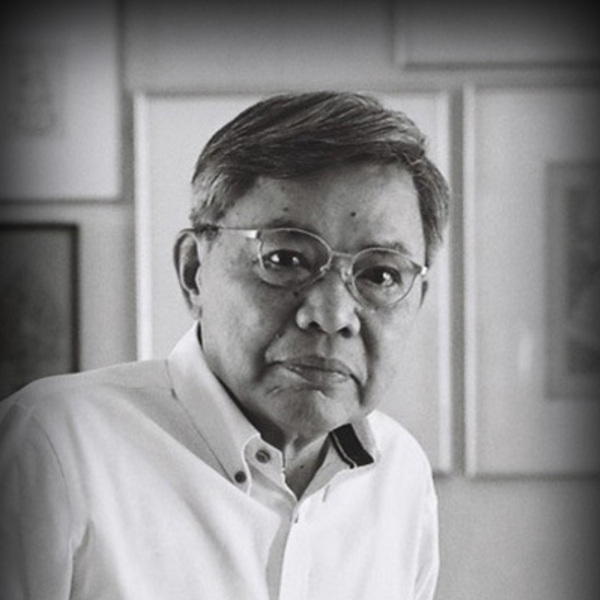
2020
Ong-ard Satrabhandhu
-
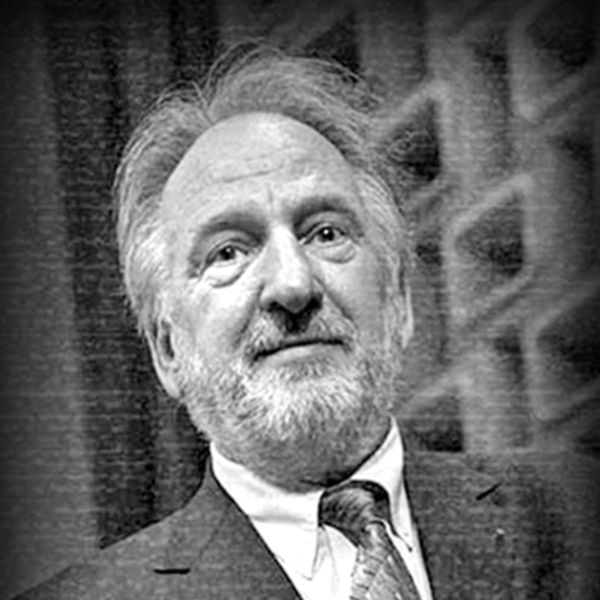
2019
Maurice Culot
-
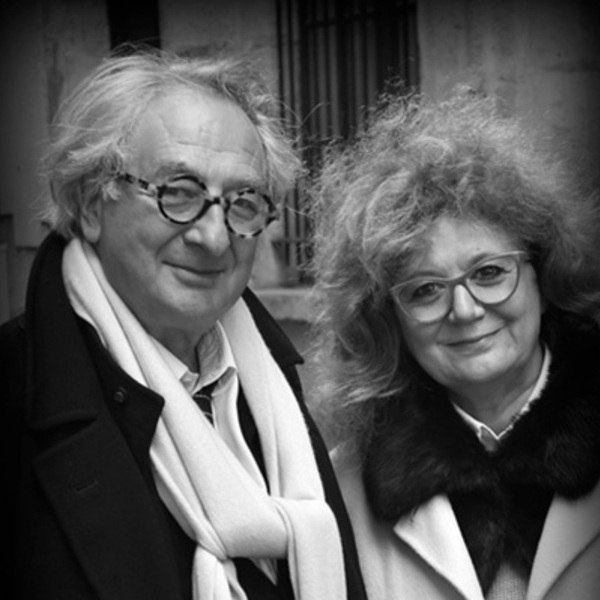
-
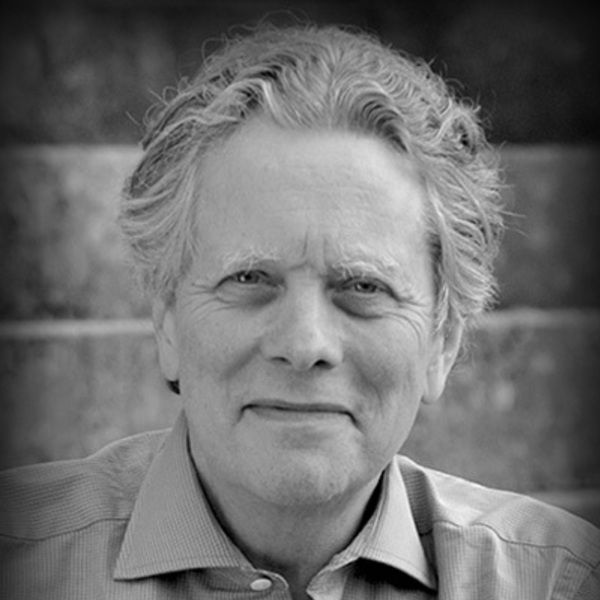
2017
Robert Adam
-
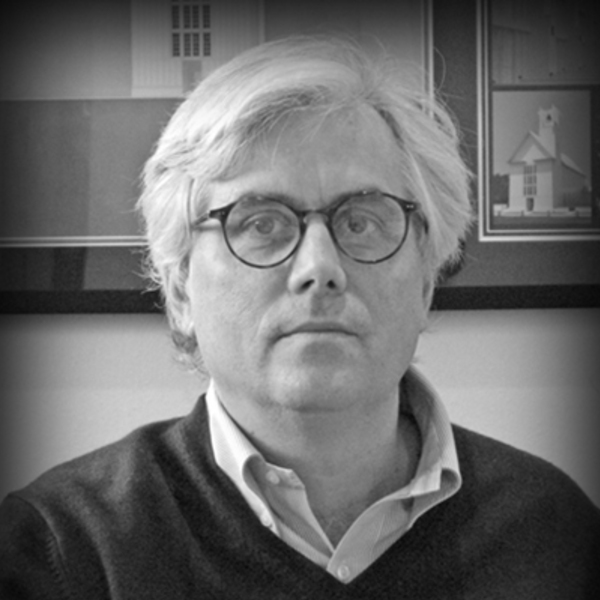
2016
Scott Merrill
-

2015
David M. Schwarz
-
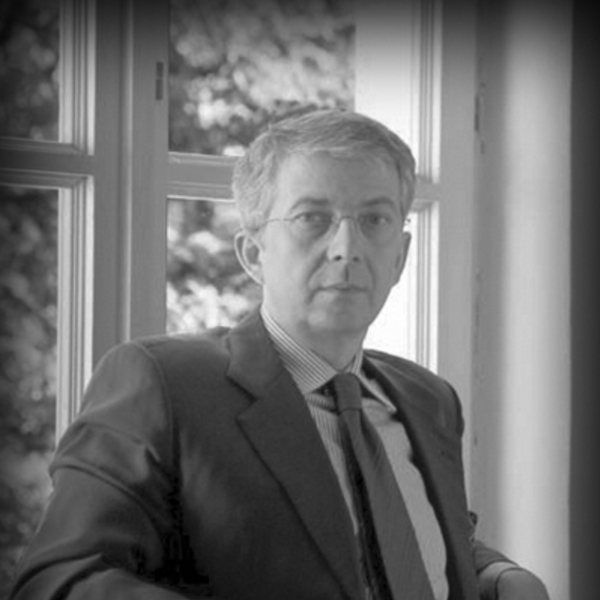
2014
Pier Carlo Bontempi
-

2013
Thomas H. Beeby
-
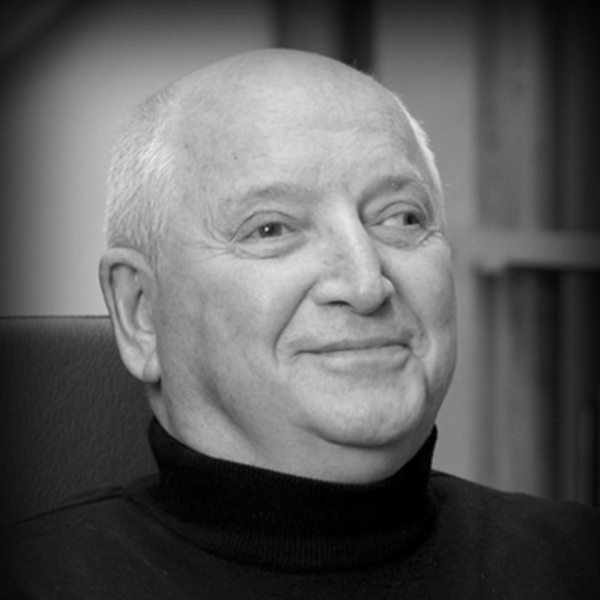
2012
Michael Graves
-
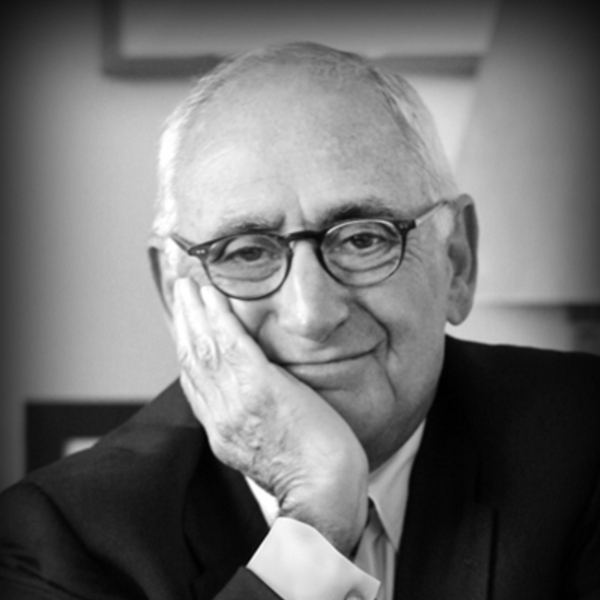
2011
Robert A.M. Stern
-
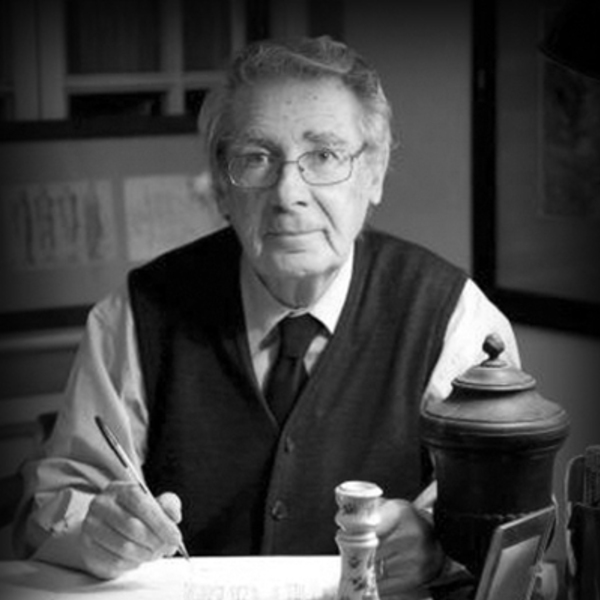
-
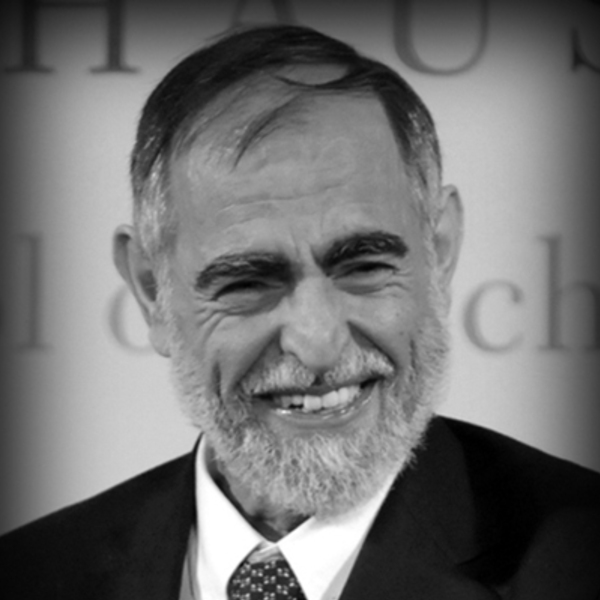
2009
Abdel-Wahed El-Wakil
-

-
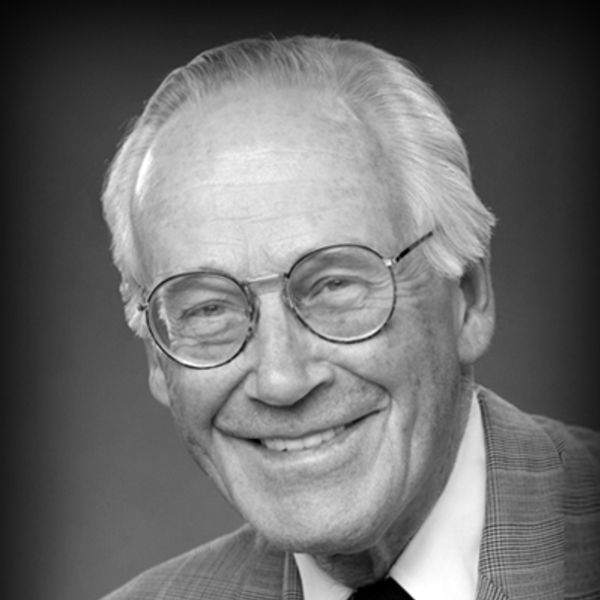
-

2006
Allan Greenberg
-
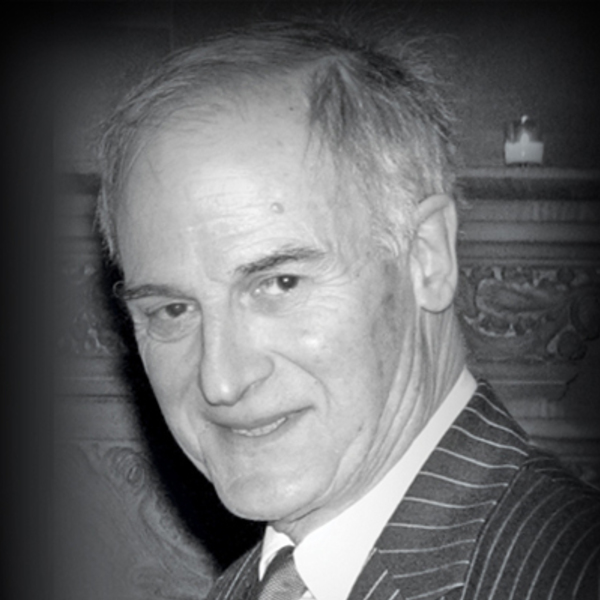
2005
Quinlan Terry
-

2004
Demetri Porphyrios
-

2003
Léon Krier